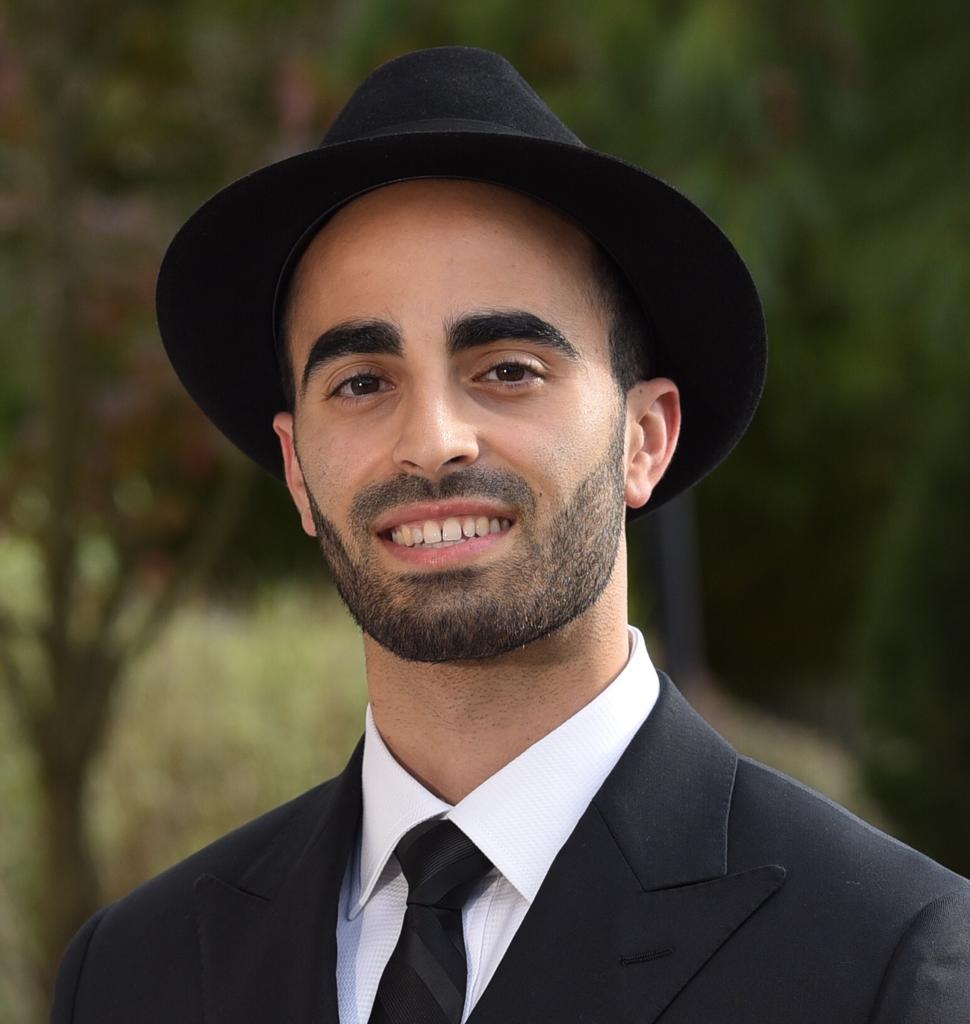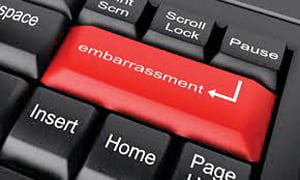
Faith and Philanthropy
While one way to promote giving to others generously and willingly may be by understanding the significance of and the benefits from performing such a


While one way to promote giving to others generously and willingly may be by understanding the significance of and the benefits from performing such a

Our parsha begins with the topic of a Jew who is sold as a slave. It states, “If you buy a Jewish bondsman, he shall

The beginning of our parsha lists Moshe Rabbeinu’s two sons, Gershom and Eliezer, and also explains why those names were chosen. The name Gershom was

After experiencing 10 devastating makkot, Pharaoh finally sent Bnei Yisrael out of Mitzrayim. The midrash illustrates Pharaoh’s reaction after sending them out with a parable:

Despite experiencing makkah after makkah, Pharaoh did not fully give in. Why didn’t Pharaoh want to save himself and his country and agree to let

The Gemara teaches that “any person who becomes angry, if he is a wise man, his wisdom leaves him.” This is derived from a certain

Our parsha relates Pharaoh’s decree that all Jewish male babies be thrown into the river. The Gemara (Sotah 11a) teaches that there were three people

Our parsha relates that Yaakov’s life span was 147 years. Interestingly, the Daat Zikeinim (Bereishit 47:8) quotes a midrash which teaches that originally Yaakov was

Until Yosef actually revealed his identity, the brothers did not realize that the viceroy with whom they were interacting all the while was their own

Yosef arranged that Binyamin be arrested for stealing his goblet, and when the brothers were accused by Yosef’s official, they eagerly opened their sacks to

Our parsha begins by saying that “Yaakov settled in the land of his father’s sojournings, in the land of Canaan.” The midrash (Bereishit Rabbah 84:4)

Our parsha explicitly records the death of Devorah, the wet nurse of Rivka, as it states, “Devorah, the wet nurse of Rivka, died, and she